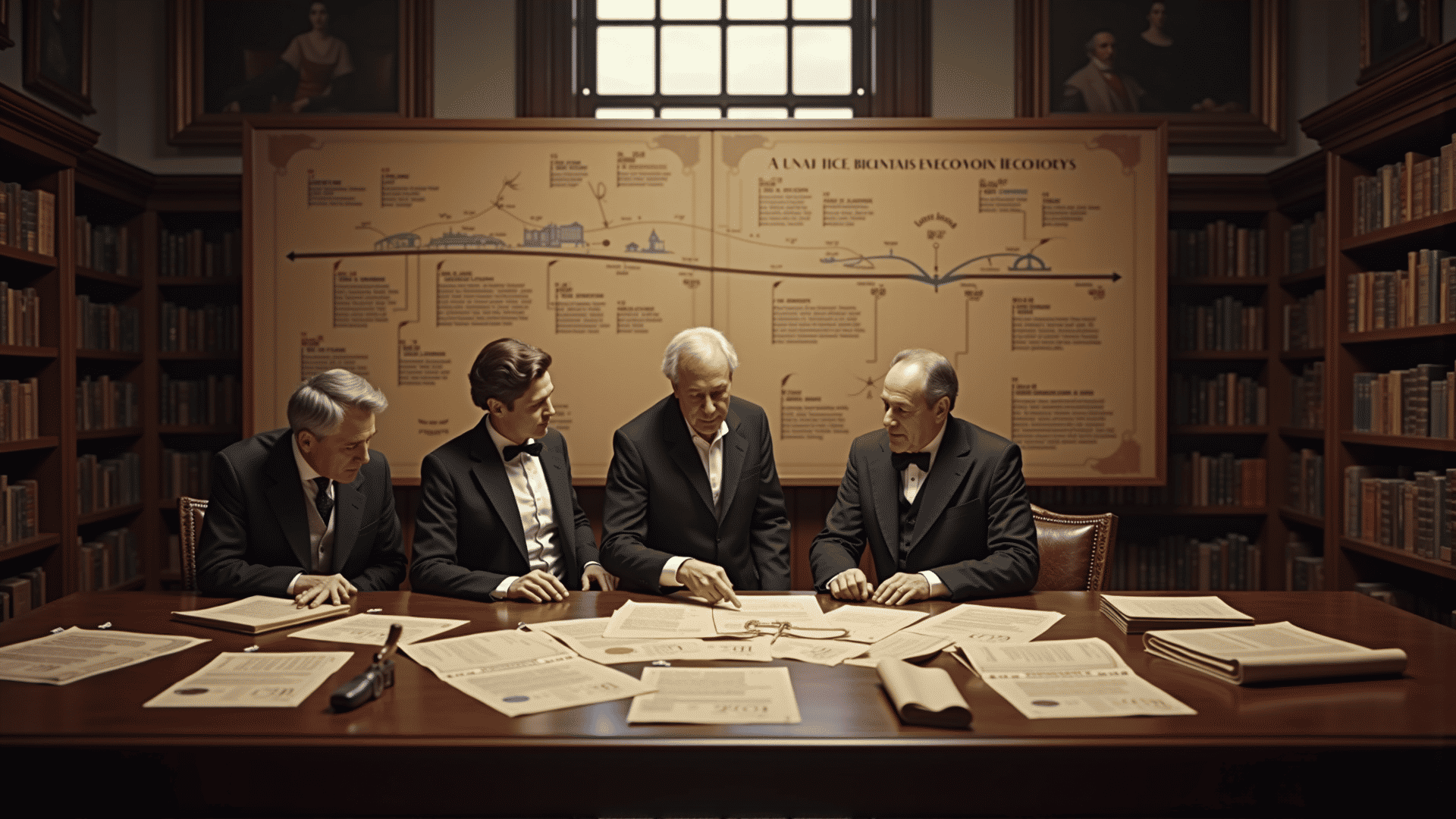Canada's economic development has been a journey shaped by historical circumstances, geographic opportunities, and key policies that have guided its growth. From its early days as a colonial outpost to its current status as a thriving, diversified economy, Canada has had to navigate numerous challenges and capitalize on various opportunities across time.
The economic history of Canada can be traced back to its indigenous populations, who engaged in trade and cooperation across vast territories. This foundation of trade was further broadened with the arrival of European settlers in the 16th and 17th centuries. The early days of exploration and settlement were largely driven by the trading of furs, which became a primary source of economic activity for the colonies.
The 19th century marked significant transformations as Canada began to industrialize. The construction of the Canadian Pacific Railway in the late 1800s was pivotal, connecting the country from coast to coast and enabling the efficient movement of goods and people. This infrastructure project stimulated other economic activities, leading to a burgeoning manufacturing sector.
The dawn of the 20th century introduced further shifts. Canada became heavily involved in the international markets, exporting natural resources such as timber, minerals, and agricultural products. The two world wars catalyzed industrial growth, as war-related industries expanded and solidified the importance of industrialization in the country's economic strategy.
Post-war prosperity led to a period of growth and modernization. During this time, the introduction of policies to support social welfare and infrastructure was instrumental in shaping the economic landscape. The development of the healthcare system, public education, and transportation networks contributed to a more stable and sustainable economic environment.
In recent decades, Canada has embraced globalization, becoming an active member of multilateral economic organizations and entering into trade agreements such as NAFTA (now USMCA). These agreements have been crucial in enhancing trade relations and facilitating the flow of goods and services.
Today, Canada's economy is characterized by its diversity. The country capitalizes on its rich natural resources, advanced technology sector, and robust service industries. Innovation and sustainability have become focal points, as Canada aims to balance economic growth with environmental stewardship.
Key policies continue to play a significant role in shaping Canada’s economic trajectory. Support for innovation, investment in infrastructure, and policies aimed at reducing economic disparity have emerged as critical components for future growth. These policies ensure Canada's economy remains resilient in the face of global economic shifts and challenges.
Throughout its history, Canada's economic development has reflected a blend of tradition and modernization, driven by policies that have adapted to changing circumstances. This legacy provides a blueprint for future growth and prosperity, securing Canada's place as a significant player in the global economy.
